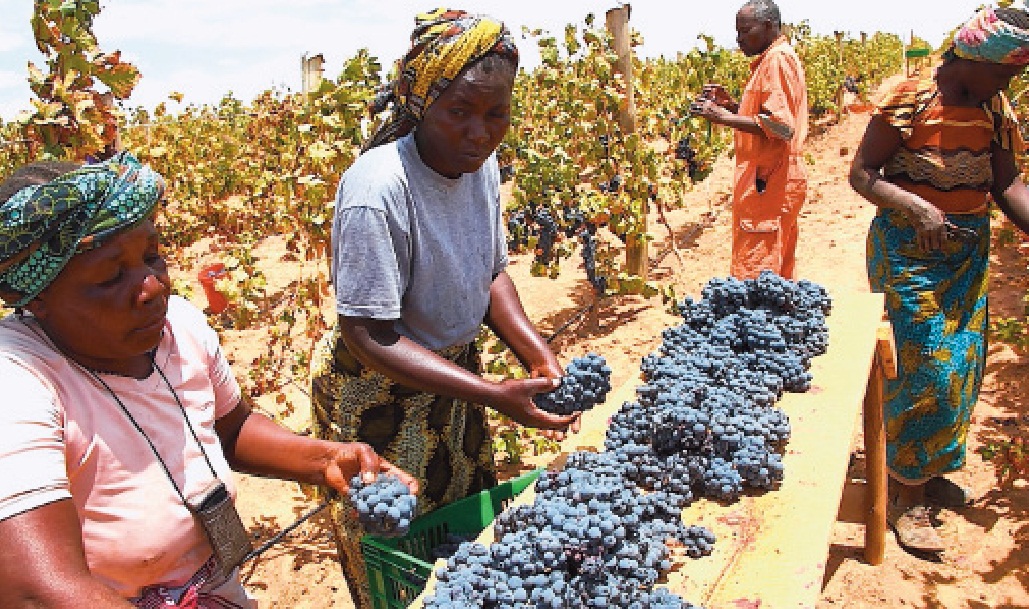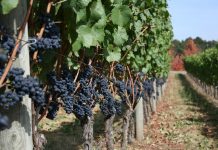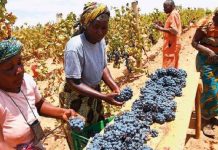GRAPE farmers here have blamed the government for ignoring the crop, despite it being one of the major ingredients of winemaking in the country.
They said that unlike other commercial crops such as tea, cotton, coffee, and cashew, grape cultivation and marketing is not being taught in either Primary Schools or at Tertiary institutions, forcing its farmers to stick to traditional practices, which limit their yields.
A well-integrated and professionally manned hectare of grape field usually produces an average of 15 tonnes of eaten fresh as table grapes, or used for making wine, jam, juice, jelly, seed extract and vinegar as well as seed oil.
Commenting, Paul Mwanga a grape farmer in Makutopora said that despite that, he can only harvest three tonnes in a hectare, almost five times below the expected average.
He said that lack of an oversight agency is also posing serious confusion to the farmers, forcing them as individuals to resort to cultivations without guidance, a chain that finally lowers price of the only crop they depend on for livelihood.
On his part, Mr Archard Kato, Managing Director of the Alko Vintages Co. Ltd said that the existing experts in the field had either been trained in France, Germany, Italy, Turkey or South Africa.
“We’re suggesting to the government to at least facilitate farmers to increase production to at least 6 tonnes per hectare, and this will be a much boost even if the price is low, still they would get harvests to compensate their sweat,” he said.
TARI-Makutopora, a State agency under the Ministry of Agriculture said it recently released two grape seeds and opts to add six other varieties.
The new seeds, however, are not market-demand-driven, according to Saada Hussein, a Chief Researcher at Tari Makutopora.
This, however, prompted Deputy Minister for Agriculture Mr Hussein Bashe to direct Tanzania Agricultural Research Institute (TARI) to immediately meet with farmers and note their concern for possible solution(s).
He said it was becoming a waste of time and resource for the centre to keep on investing in research about things the farmers do not require, adding: “There are diseases and the demand for improved seeding… these are issues that you must be working on.”





